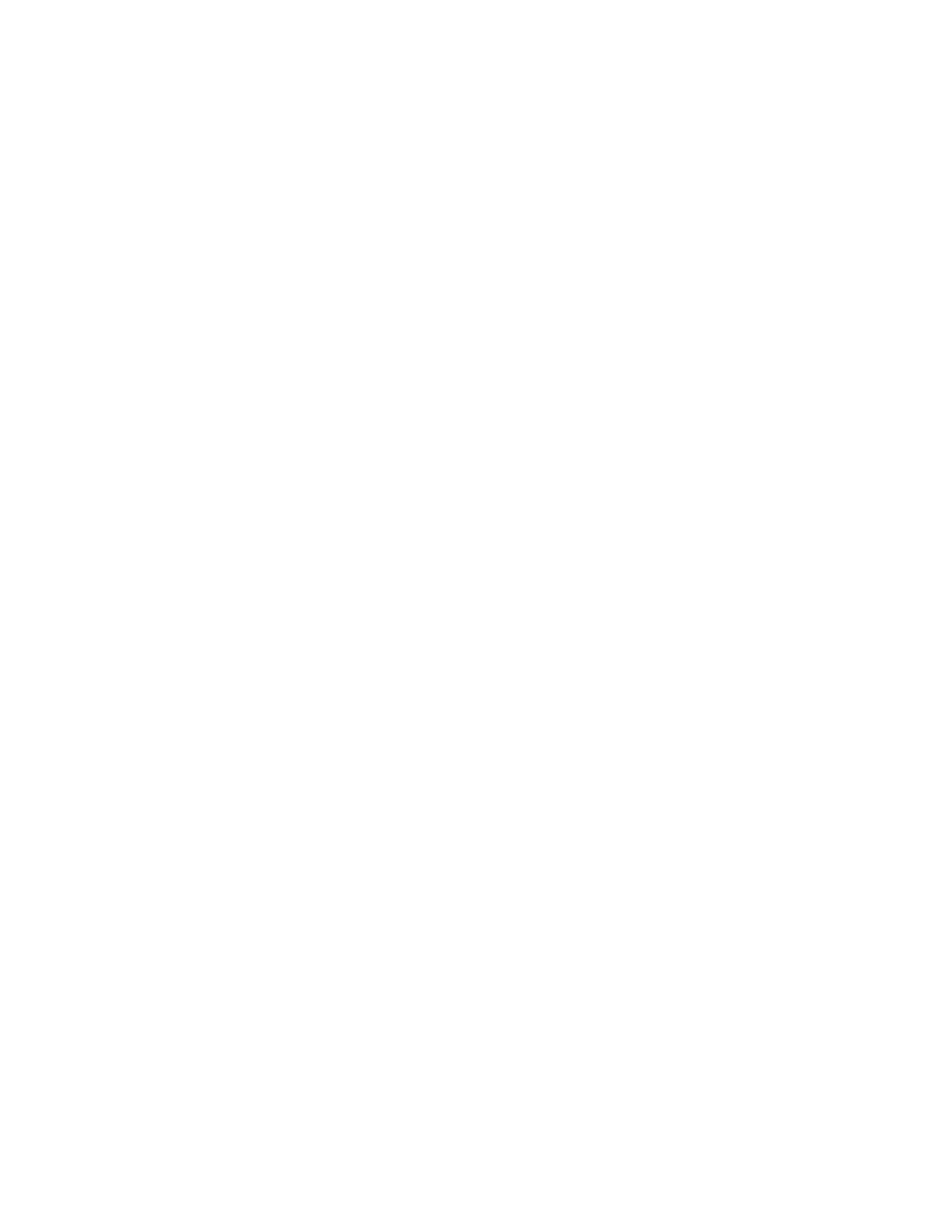

216 │COLUMBIA INTERNATIONAL UNIVERSITY 2018-2019 │ACADEMIC POLICY
Levels of Plagiarism
All levels of plagiarism are unacceptable at CIU. Unless an instructor specifies otherwise, the following general definitions
apply.
Minimal plagiarism is defined as doing any of the following without attribution:
•
Inserting verbatim phrases of several distinctive words.
•
Substituting synonyms into the original sentence rather than rewriting the complete sentence.
•
Reordering the clauses of a sentence.
•
Using a source's line of logic, thesis or ideas.
Substantial plagiarism is defined as doing any of the following without attribution:
•
Inserting verbatim sentences or longer passages from a source.
•
Combining paraphrasing with verbatim sentences to create a paragraph or more of text.
•
Repeatedly and pervasively engaging in minimal plagiarism.
Complete plagiarism is defined as doing any of the following without attribution:
•
Submitting or presenting someone's complete published or unpublished work (paper, article, or chapter).
•
Submitting another student's work for an assignment, with or without that person's knowledge or consent.
•
Downloading or purchasing a term paper from a web site or other source.
•
Reusing or modifying a previously submitted paper (e.g., from another course) for a present assignment without
obtaining prior approval from the instructors involved.
Consequences of Plagiarism
Intent is not a factor in determining whether plagiarism has occurred. A writer is responsible for knowing and using the rules
for accurate and honest writing and pleading ignorance of the rules does not prevent receiving consequences for breaking
them.
Assumptions
•
Information about plagiarism, why it is unacceptable, and how to avoid it through proper handling and
acknowledgement of others' ideas is available to students via multiple means.
•
Any offense which results in a failing grade is reported to the relevant dean’s office (i.e., the dean of the school in
which the course resides).
•
When determining a consequence for plagiarism, previous offenses in other courses by the student are relevant.
Minimal Plagiarism
An instructor may use an instance of minimal plagiarism as an educational opportunity to discuss with the student the nature
of plagiarism and the values of a scholarly Christian community. The assignment should be rewritten and resubmitted, with
or without a grade penalty, at the discretion of the instructor. Repeated instances of minimal plagiarism in a course should
be treated as substantial plagiarism.
Substantial Plagiarism
First offense: Ordinarily, the student receives a failing grade on the assignment that has been plagiarized, and a Report of
Plagiarism is submitted to the relevant dean’s office (i.e., the dean of the school in which the course resides). Students who
are in their first year at CIU may be allowed to rewrite an assignment that is the first instance of substantial plagiarism. They
would receive a reduced grade on the assignment.
Second offense: Ordinarily, the student receives a failing grade in the course, and a Report of Plagiarism is submitted to
the dean of the school in which the course resides.
Third offense: The student may be recommended for expulsion from the university. Action is taken at the discretion of the
Provost.
Complete Plagiarism
First offense: The student receives a failing grade in the course, and a report is submitted to the dean of the school in which
the course resides.
Second offense: The student is expelled from the university. Action is taken at the discretion of the Provost.



















